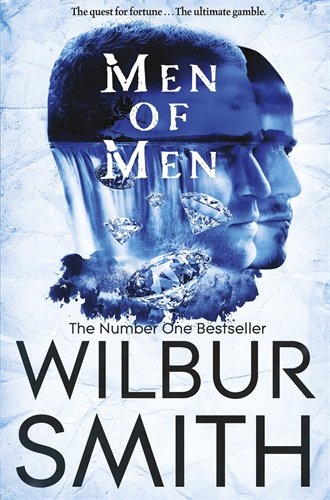The night before Christmas Eve I went over to Barnes and Noble in Tustin to pick up a couple of Christmas presents for my wife and oldest son.
I took the car for a car wash before heading over to the store, so I got to Barnes about five minutes past 10:00pm (thinking they'd be open). Four women sales associates were standing by the Nook sales display, looking rather angry, actually. I thought they were getting ready to do a hard sale on one of those Nook readers and I was already shaking my head "no." But then I realized they were guarding the store. They were ready for people to be angry as they announced, in unison, "We're closed!" I'm like, "What huh?" I said to the main lady, who was like an assistant manager or something, "I thought you closed at 11:00pm?" And she just shook her head no. I asked "What time do you open tomorrow?" and she said 9:00am, as I exited the store with a sort of weird chagrin. I looked online later and found this was a corporate policy change, as all the local Barnes stores were closing now at 10:00pm. It just seemed weird, especially the military front these ladies had set up by the door. Maybe they should have just locked the door and put a "We're closed" sign in the window.
In any case, I guess this is part of a trend. Barnes and Noble has been
losing money year over year, and corporate policy is to refocus sales orientation to basic items, like books (duh), rather than all the knickknacks and fluff, like toys, calendars, trinkets, coffee mugs, and stupid stuff.
A couple of years ago the local Costa Mesa Barnes and Noble closed down. I met Mitt Romney there, so it felt bittersweet. But I expect more of the local stores to close in the years ahead. I frankly don't shop there much, except to buy a magazine once in a while, or a cup of coffee. Their prices are astronomical. I can buy books at
Amazon for almost half price, and of course I go to the local Friends of the Library book sales, where you can find bestsellers for a buck or two.
But check out the New York Times, "
Bookstore Chains, Long in Decline, Are Undergoing a Final Shakeout":
APPLETON, Wis. — This fall, at a moment when retailers traditionally look forward to reaping holiday profits, the owner of the fourth-largest bookstore chain in the country surrendered to the forces of e-commerce.
Book World, founded in 1976, sold hardcovers, paperbacks and sometimes tobacco in malls, downtowns and vacation areas across the Upper Midwest. It had endured recessions, the expansion of superstores like Borders and Barnes & Noble, and then the rise of Amazon. But the 45-store chain could not survive the shifting nature of shopping itself, and so announced its liquidation.
“Sales in our mall stores are down this year from 30 to 60 percent,” said Bill Streur, Book World’s owner. “The internet is killing retail. Bookstores are just the first to go.”
As e-commerce becomes more deeply embedded in the fabric of daily life, including for the first time in rural areas, bookstores are undergoing a final shakeout. Family Christian Stores, which had 240 stores that sold books and other religious merchandise, closed this year, not long after Hastings Entertainment, a retailer of books, music and video games with 123 stores, declared bankruptcy and then shut down.
“Books aren’t going away, but bookstores are,” said Matthew Duket, a Book World sales associate waiting for customers in the West Bend, Wis., store.
Here is one way to measure the upheaval in bookselling: Replacing Book World as the fourth-largest chain, Publishers Weekly says, will be a company that had no physical presence a few years ago. That would be Amazon, which having conquered the virtual world has opened or announced 15 bookshops, including at the Time Warner Center in Manhattan.
In a famous passage in Ernest Hemingway’s “The Sun Also Rises,” a novel that Book World used to sell, a character is asked how he went bust. “Two ways,” he answers. “Gradually and then suddenly.”
That more or less mirrors what happened to Book World and other bookstore chains.
A few years ago, e-books were widely assumed to be driving the physical book — and the physical bookstore — to extinction. Instead, e-book sales leveled off, and the physical book has retained much of its appeal.
But readers are increasingly ordering those books online, getting them delivered with their clothes and peanut butter and diapers. Bookstore sales were $684 million in October, the Census Bureau said this month, off 4.6 percent from a year earlier and down 39 percent from a decade ago.
“There aren’t many businesses that can survive a 20 to 30 percent drop,” said Mr. Streur, 68. “Closing was the last thing in the world I wanted. But reality sets in.”
It was an abrupt decision that surprised even his 300 full- and part-time employees; a few said that at least some of the stores — especially those that catered to tourists — seemed to be holding their own. Book World had opened a store in Jefferson City, Mo., just a few weeks before.
But a search for buyers for the chain or even some of the stores came up short. The chain swung from a profit in 2014 to break-even in 2015 to a loss in 2016, although Mr. Streur declined to provide numbers.
“There was nobody interested in buying us,” he said...
Still
more.











